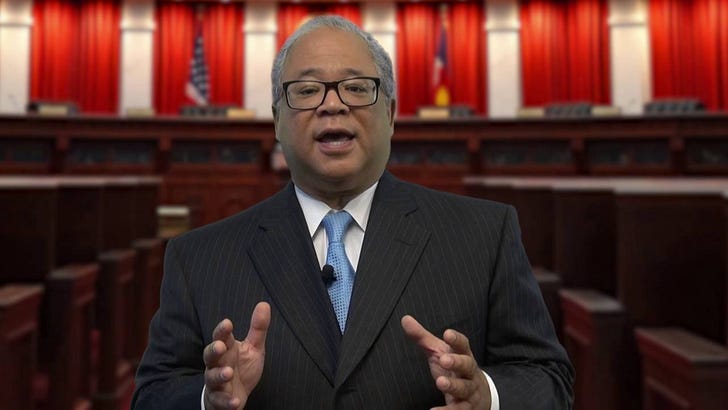(Vince Davis may help, but he’s very expensive)
PROTECTING INNOCENT FAMILIES ACT
The Family Justice Resource Center has proposed the Protecting Innocent Families Act. This proposed Act in Illinois would be very helpful, but it likely doesn’t go far enough, as I think the whole system needs to be prosecuted for racketeering and child trafficking etc. Luis Ewing of Washington state claims to know how to prosecute CPS successfully, but I don’t know about that so far. Let’s pressure RFK Jr and Trump to do this, although I don’t have hope for Trump, since he said in a speech some weeks ago, I think, that separating kids of illegal immigrants from their parents is a good way to persuade them not to immigrate illegally. That’s extremely callous IMO. I lost respect for him when I heard him say that. He talked like he might use that policy again, although I imagine he was bluffing, since it’s politically undoable.
Perplexity.ai admits that the government is incentivized to kidnap kids.
ILLINOIS HAS FINANCIAL INCENTIVES FOR KIDNAPPING
{Starting with minor incentives.}
Concerns have been raised regarding the Illinois Department of Children and Family Services (DCFS) and whether it has financial incentives that could lead to the unnecessary removal of children from their homes.
Financial Incentives and Case Closures
Case Closure Competitions: There have been reports indicating that DCFS investigators have participated in competitions to close cases quickly, with rewards such as gift cards for those who close the most cases. This has raised ethical questions about whether such incentives might encourage premature or unnecessary removals of children from their families6,4.
Focus on Rapid Resolution: A report highlighted that DCFS workers often prioritize closing cases over ensuring the safety of children, suggesting a systemic issue where financial incentives may inadvertently promote quick resolutions rather than thorough investigations4.
Funding Structures: The agency's funding can be influenced by its performance metrics, which may include case closure rates. This could create a situation where there is an implicit incentive to remove children from their homes to meet these metrics, despite the potential negative impact on families4.
CPS FINANCIAL INCENTIVES TO STATES FOR KIDNAPPING
{This is Child Trafficking.}
The federal government does provide financial incentives to state child welfare agencies, including the Illinois Department of Children and Family Services (DCFS), through various funding mechanisms, particularly under Title IV-E of the Social Security Act. Here are key points regarding these incentives:
Title IV-E Funding
Foster Care and Adoption Assistance: Title IV-E funds support foster care maintenance, adoption assistance, and guardianship assistance for eligible children. States can claim reimbursement for a significant portion of the costs associated with these services, which can be between 50% to 83% depending on the state1,2.
Open-Ended Entitlement: The funding is structured as an open-ended entitlement, meaning that there is no cap on the amount of federal funds that states can receive for eligible children in foster care. This can create a financial incentive for states to remove children from their homes if they meet the eligibility criteria4.
Judicial Determination Requirement: For a child to qualify for Title IV-E funding, they must be removed from their home through a judicial determination or voluntary placement. This process requires that reasonable efforts be made to prevent removal, but the financial structure may still lead to concerns about incentivizing removals rather than supporting family preservation2,4.
Concerns About Financial Incentives
Disproportionate Funding for Foster Care: Critics argue that the ratio of federal funding for foster care compared to preventive services is heavily skewed (approximately 6 to 1), which may lead to a system that favors removal over prevention6.
Pressure on State Agencies: The structure of funding and performance metrics may inadvertently pressure state agencies like DCFS to prioritize quick case closures and removals over thorough assessments and family support services.
In summary, while the federal government does not explicitly incentivize the removal of children, the financial frameworks established through programs like Title IV-E can create situations where there are indirect incentives for state agencies to take children into custody more readily than might be in the best interest of families.
Documentaries and Videos
"Failure to Protect" (PBS FRONTLINE)
This documentary investigates the case of Logan Marr, highlighting how CPS's actions led to tragic outcomes. It raises questions about the decision-making processes within child protective services2.
"Take Care of Maya" (Netflix)
This documentary tells the story of Maya Kowalski, whose family was torn apart by allegations of abuse stemming from a medical diagnosis. It examines the intersection of healthcare and CPS interventions6.
Video Search: https://www.youtube.com/results?search_query=cps+abuse+of+power.



